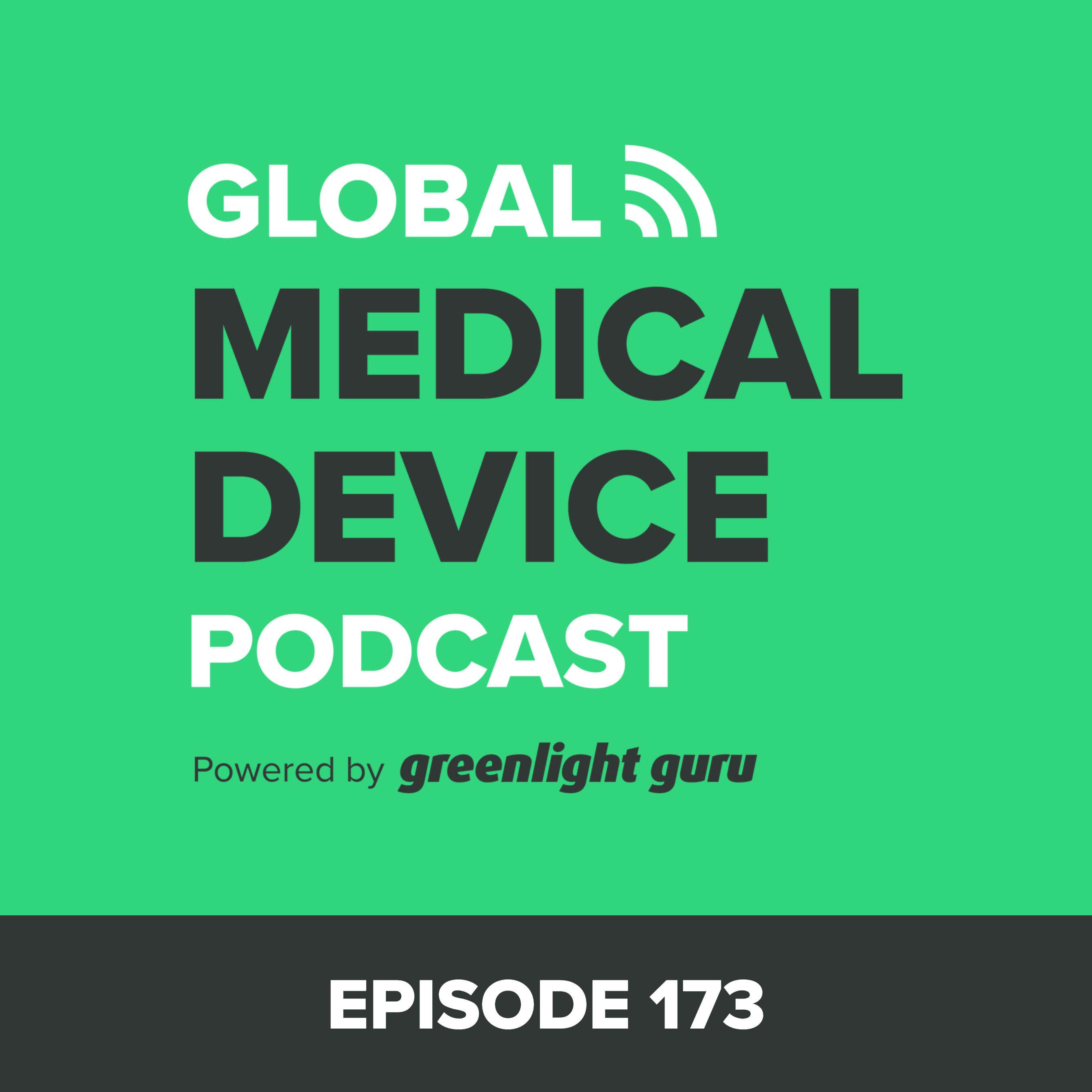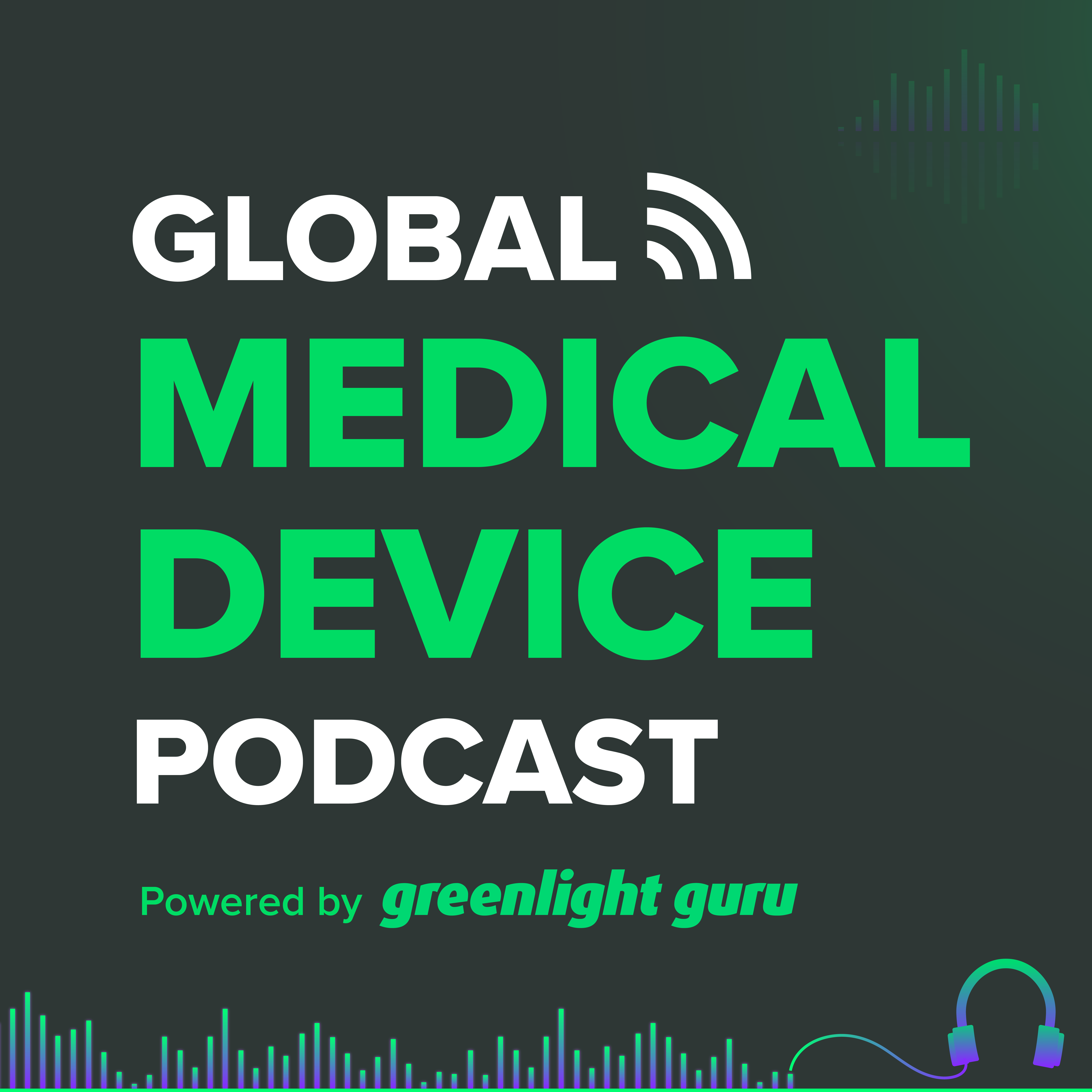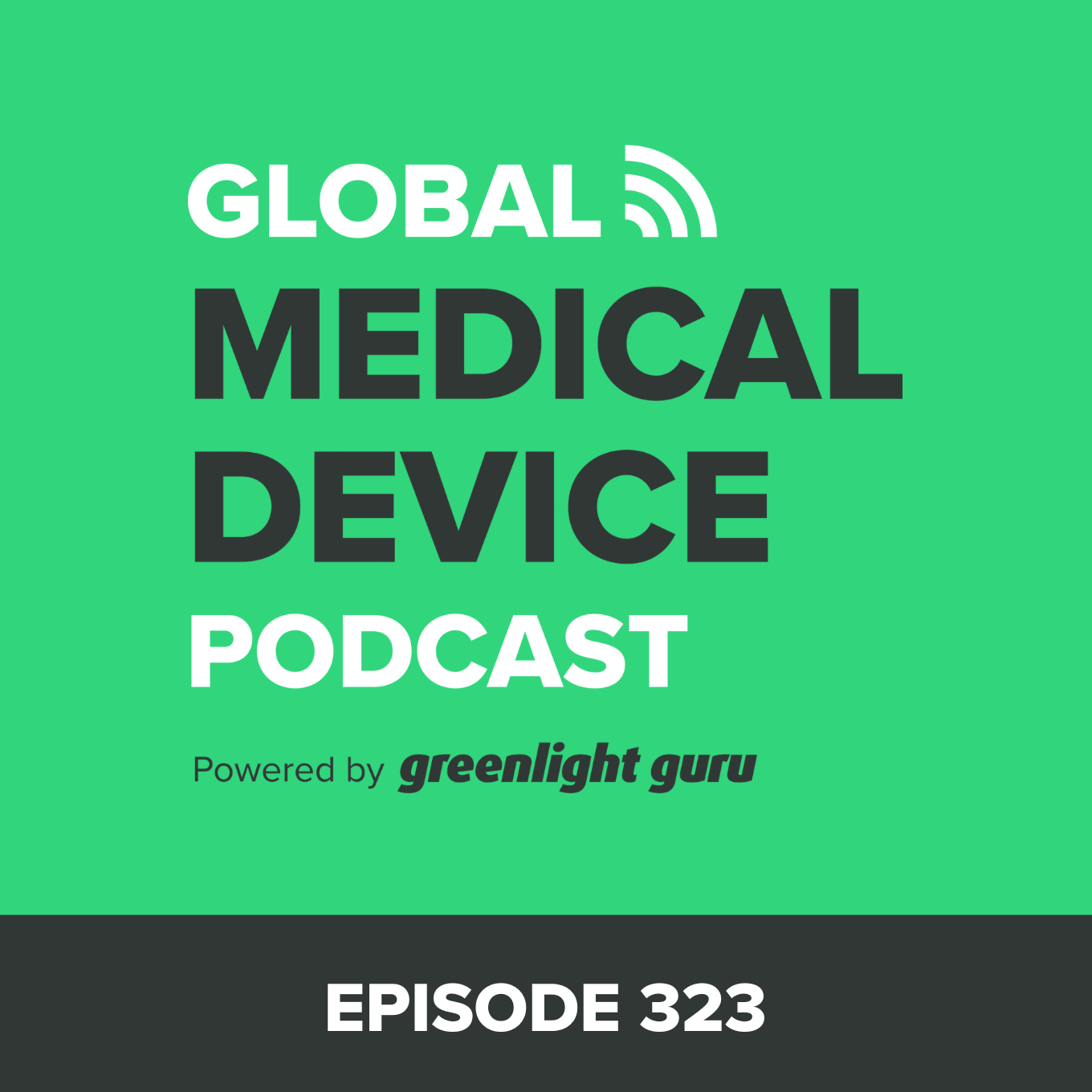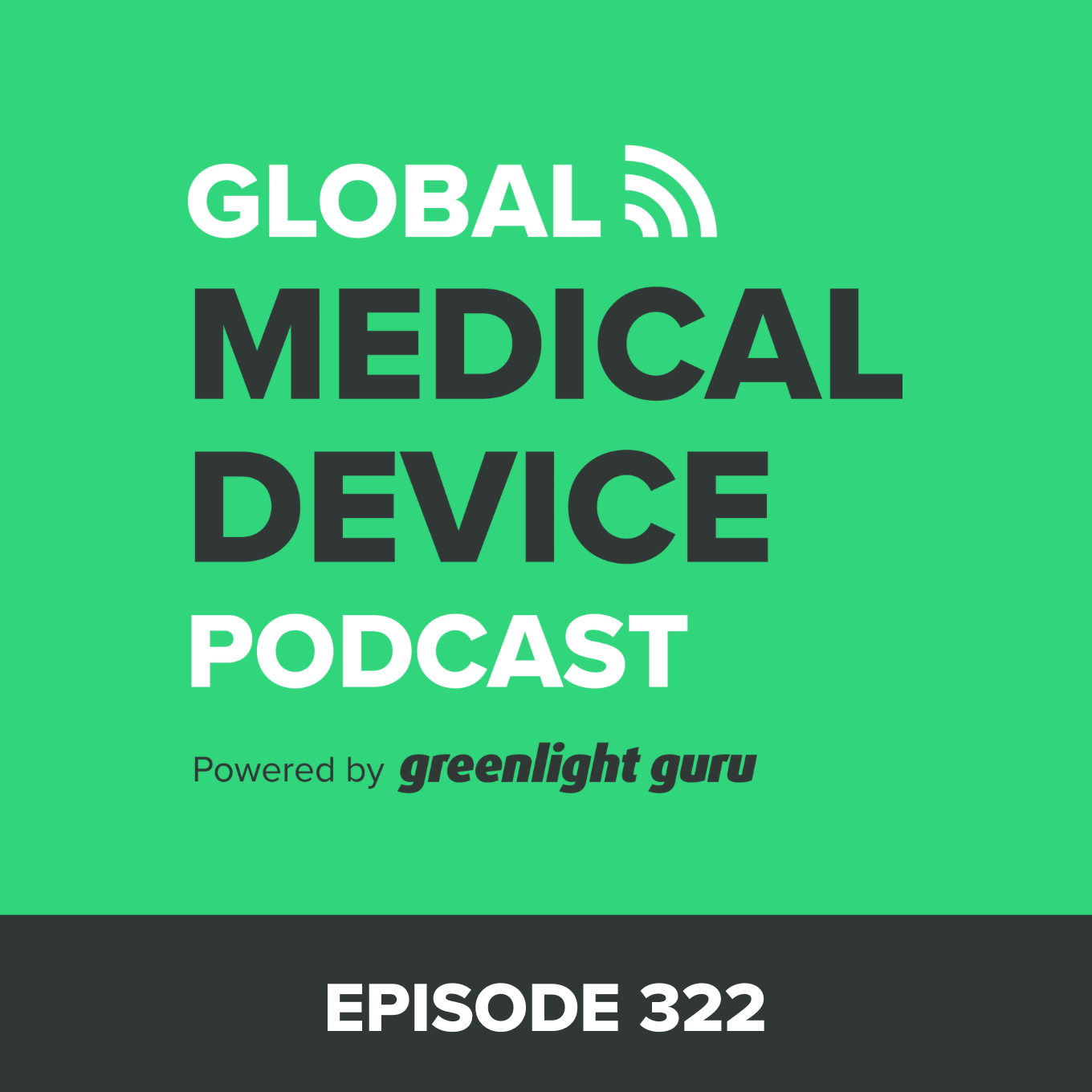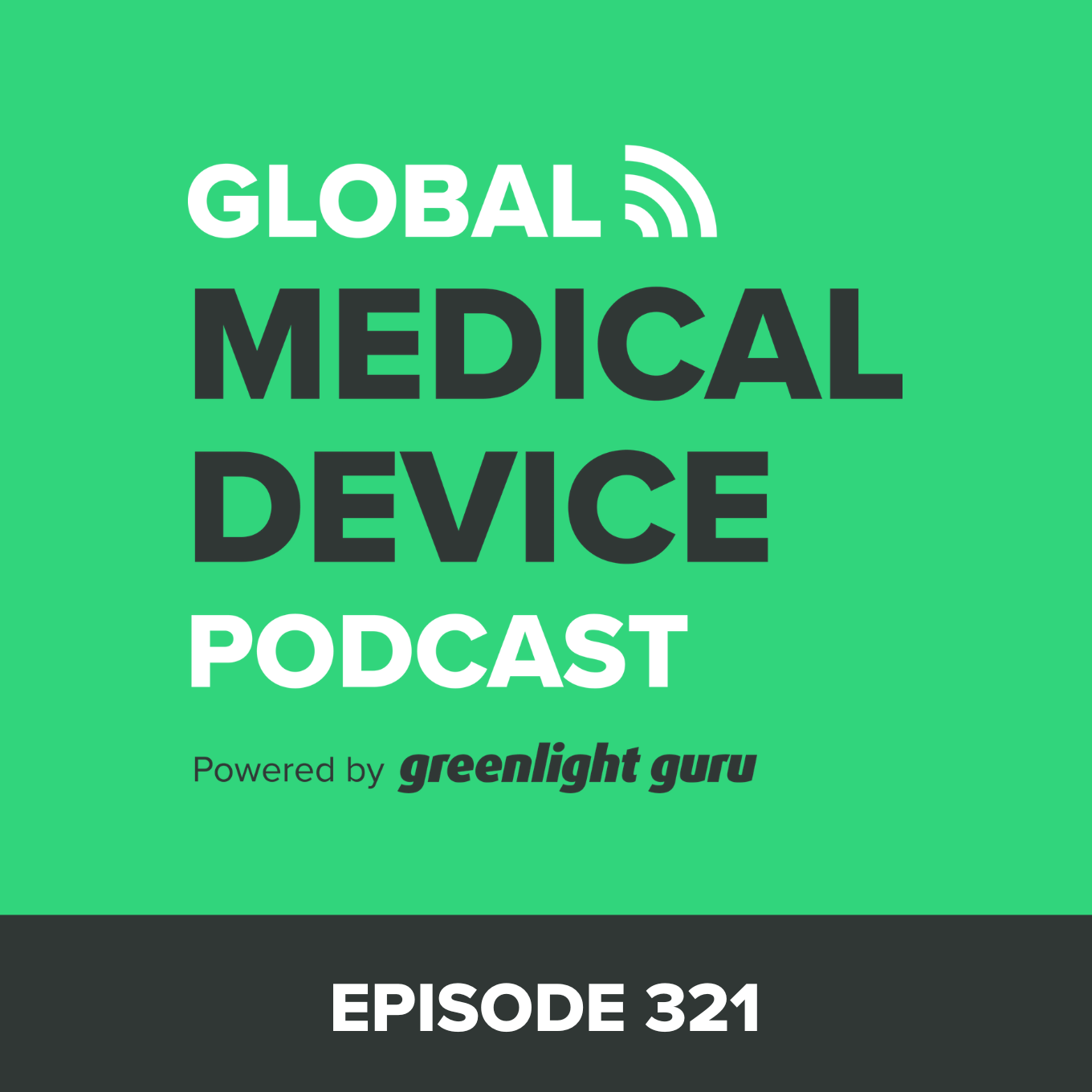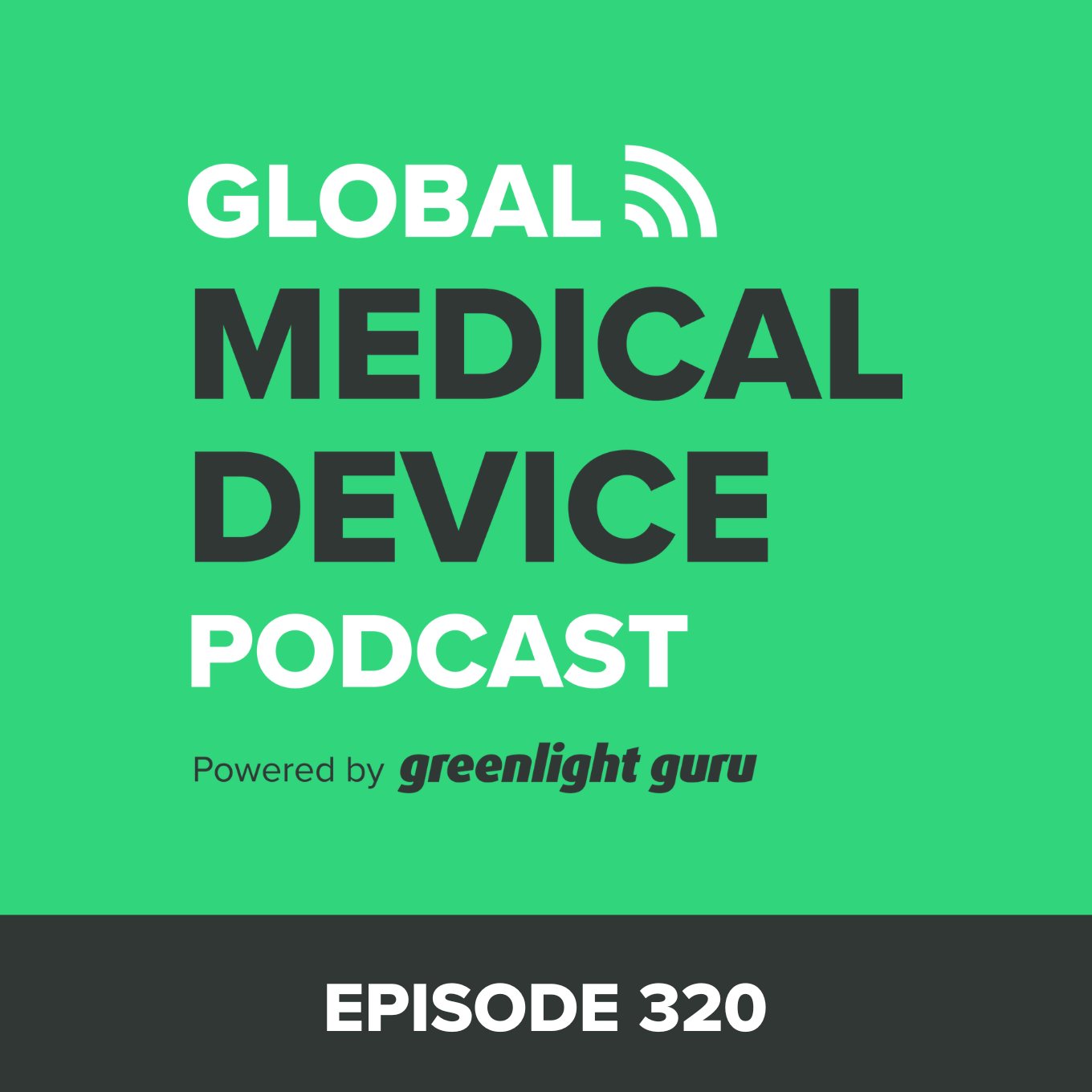Post-Pandemic Readiness: Preparing for the Aftermath of COVID-19 on the Medical Device Industry
- 0.5
- 1
- 1.25
- 1.5
- 1.75
- 2
DESCRIPTION
Are you prepared for the aftermath of the pandemic’s impact on the medical device industry? It may be time for device professionals to start bracing for a new normal.
In this episode of the Global Medical Device Podcast, Jon Speer talks to Steven Niedelman and Eric Henry from King & Spalding LLC about post-pandemic readiness for the medical device industry and how companies can prepare for and embrace the new medical device landscape that’s expected to take shape from 2021 onward.
Steven, a former FDA deputy associate commissioner and COO for the agency’s Office of Regulatory Affairs currently serves alongside Eric as the Quality Systems and Compliance lead consultants in the FDA and Life Sciences practice of their law firm.
With more than 50 years of combined industry experience between Steven and Eric, the insights and knowledge of this episode’s guests, specifically as it relates to this topic is a MUST listen for any medical device professional.
Some highlights of this episode include:
- Steven and Eric discuss how COVID is pushing the FDA toward a voluntary pilot program for agency investigators to conduct virtual facility inspections.
- Steven describes the current state of FDA inspections as challenging to work remotely and conduct follow-ups when appropriate. The FDA has established a paradigm to continue on-site mission critical inspections.
- Eric expands on the logistical challenge for inspections by explaining that since the FDA has put a hiatus on its inspection scheme, many organizations are following the Medical Device Single Audit Program (MDSAP).
- The Medical Device Coordination Group’s (MDCG) 2020-4 Guidance lists four circumstances where organizations under MDSAP or EU notified bodies have remote audits—surveillance, re-certification, change notification, and termination.
- Impact of the Emergency Use Authorization (EUA) program and the influx of requests on FDA. Some EUA submissions require pre-approval inspections.
- Before EUAs are revoked, build a remediated QMS, prepare for inspection, and decide whether to continue manufacturing a product after the pandemic.
- King & Spalding’s FDA and Life Sciences team offers a full-service approach, including cardiologists to help with health assessment risks, premarket and postmarket mergers and acquisitions, and warning letters.
- Pre-submission is an initial but formal way to build communication, collaboration with the FDA. A pre-submission can be an effective means for understanding regulatory requirements.
Memorable quotes from this episode:
“As companies think through the fact that FDA has put a pretty big hiatus on their inspection scheme, we also need to keep in mind the medical device industry, in particular, that a lot of organizations are following the MDSAP.” Eric Henry
“There’s a light at the end of the tunnel now that vaccines have been approved.” Steven Niedelman
“We want to make sure firms are ready that at some point these EUAs and 564As might go away. Where does that leave your firm? Have you been collecting data? Have you been working toward establishing the quality system? Or, are you going to decide to just leave the industry?” Steven Niedelman
“Three to four months would be, in an ideal circumstance, after you’ve already done all the work to prepare a submission, have already submitted it, three to four months might get you a 510(k) approval.” Eric Henry
